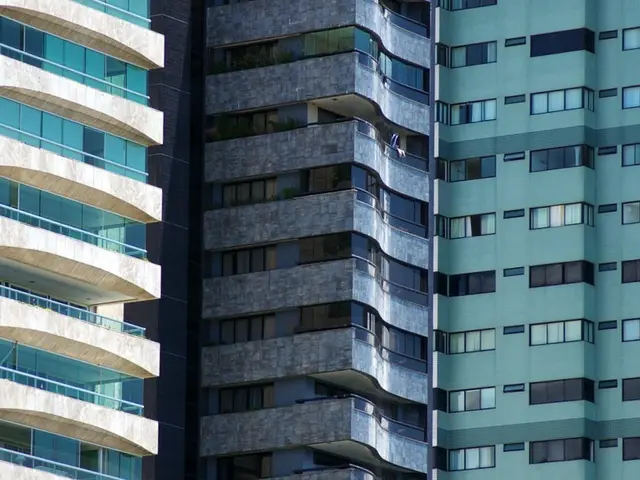France Cuts EV Subsidy for Top Earners to Boost Lower-Income Adoption
The French government has made changes to its electric vehicle subsidy programme. The top 50% of income earners will now receive 1,000 euros less for purchasing electric cars, with the new subsidy set at 4,000 euros. This move comes as the government aims to assist those with lower incomes while managing its budget.
Environmental Transition Minister Christophe Bechu explained the rationale behind the change, stating that it is intended to help more people with less money. However, the government has also halted a new leasing subsidy programme for low earners due to overwhelming demand. Despite these central changes, regional governments such as those in the Paris area continue to offer additional electric vehicle subsidies, ranging from 2,250 to 9,000 euros.
The decision to reduce subsidies follows Germany's early termination of its electric car subsidy programme in December, also due to budget revisions. In France, subsidies for lower-income buyers remain at 7,000 euros, while those for purchasing electric company cars and replacing older internal combustion engine vehicles have been discontinued. The government aims to avoid overshooting its 1.5 billion euro budget for electric vehicle incentives.
The French government's subsidy reduction for higher-income electric car buyers by 20% is part of a broader effort to balance its budget while encouraging wider adoption of electric vehicles among lower-income individuals. The changes have been implemented to ensure the programme's sustainability and to better target those most in need of financial assistance.
Read also:
- Republicans advocate Trump's domestic policy plans in Iowa, though some business owners remain skeptic
- Global carbon emissions could lead to a resurgence in coal usage, warns industry analyst
- International discussions on plastic waste management might be shaped by China pledging to reduce plastic production levels.
- Procedure for Granting the Contract Has Been Instigated by the Commission







